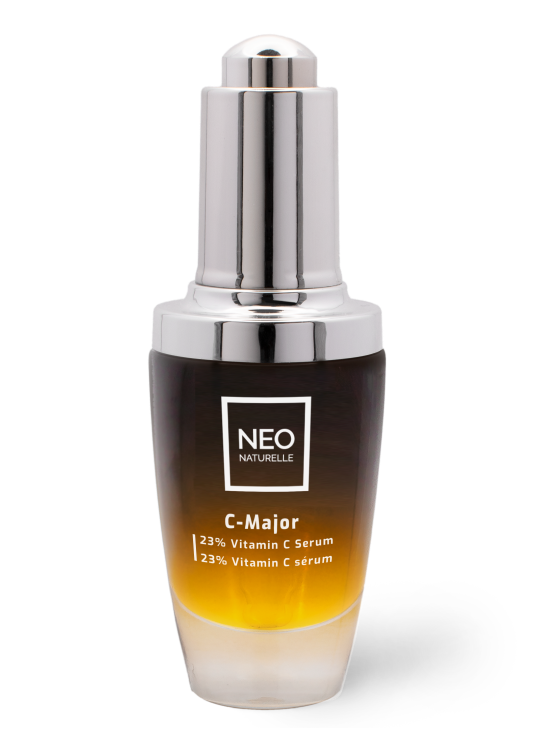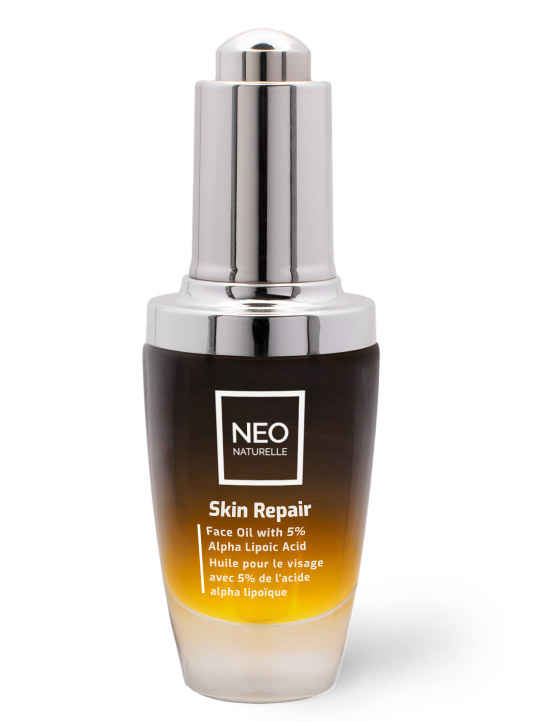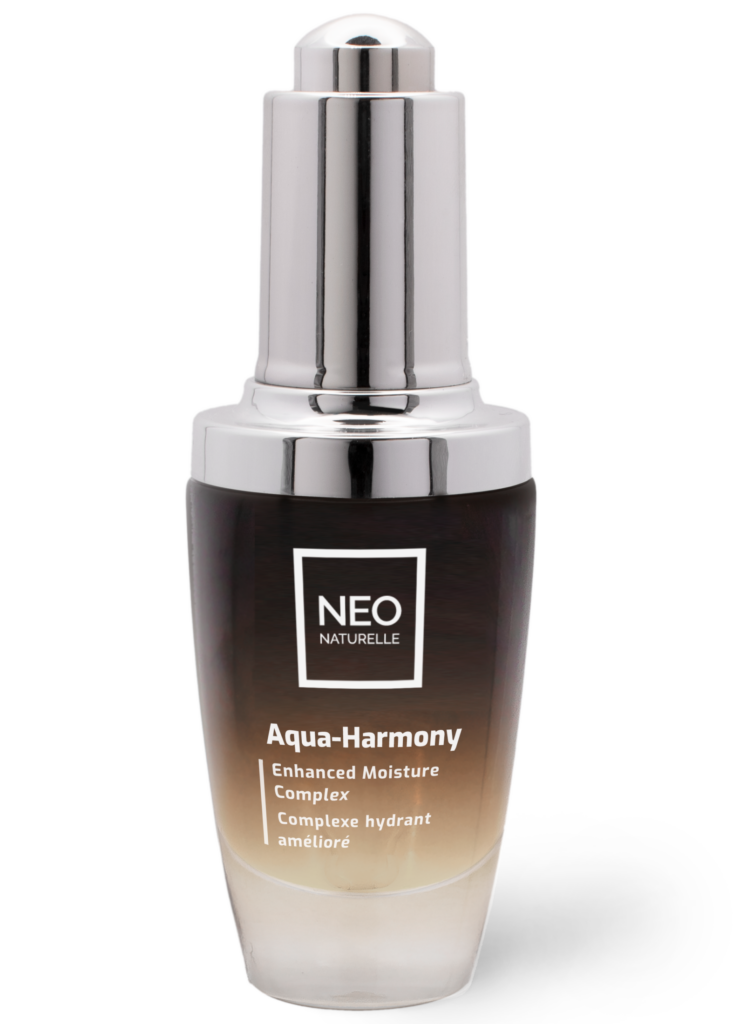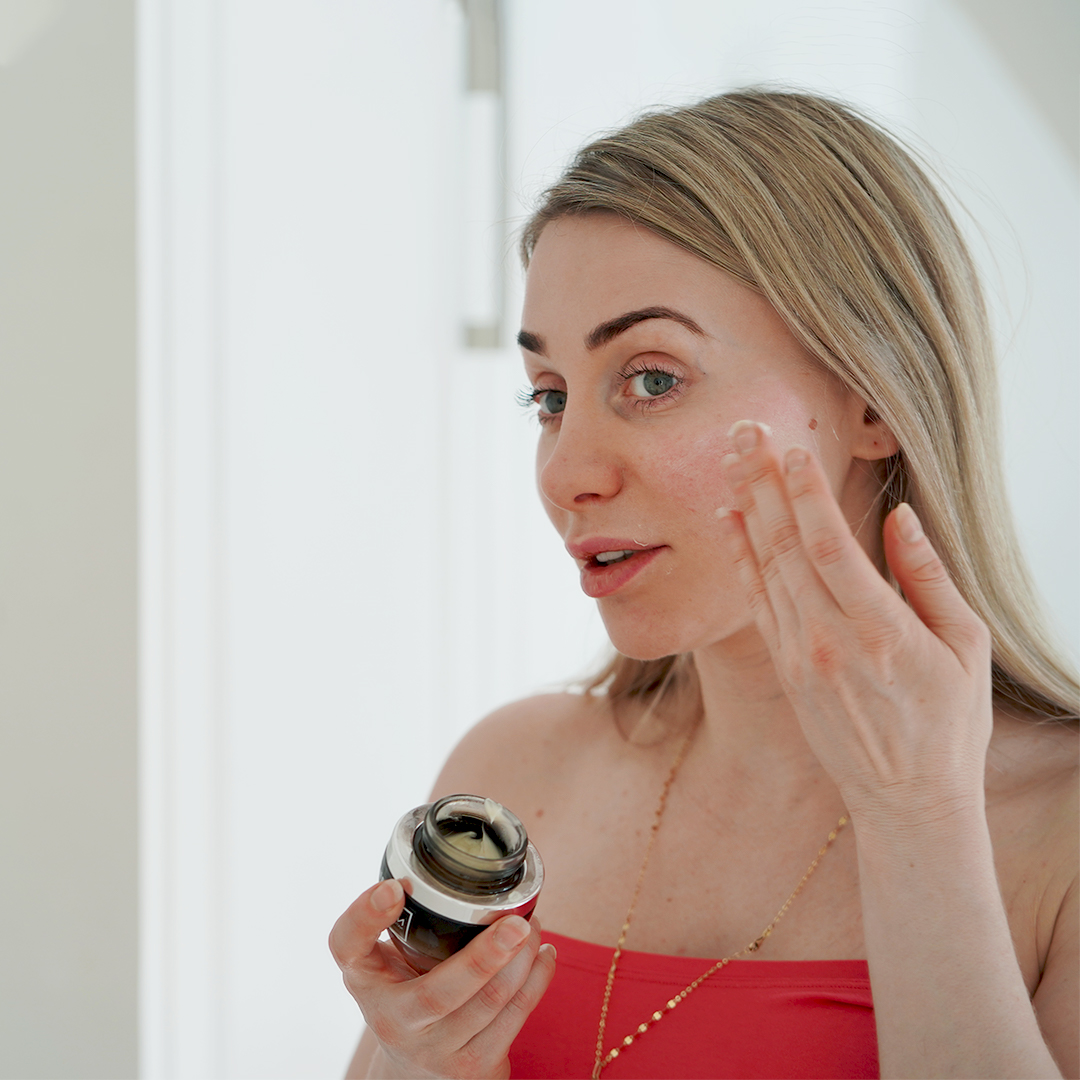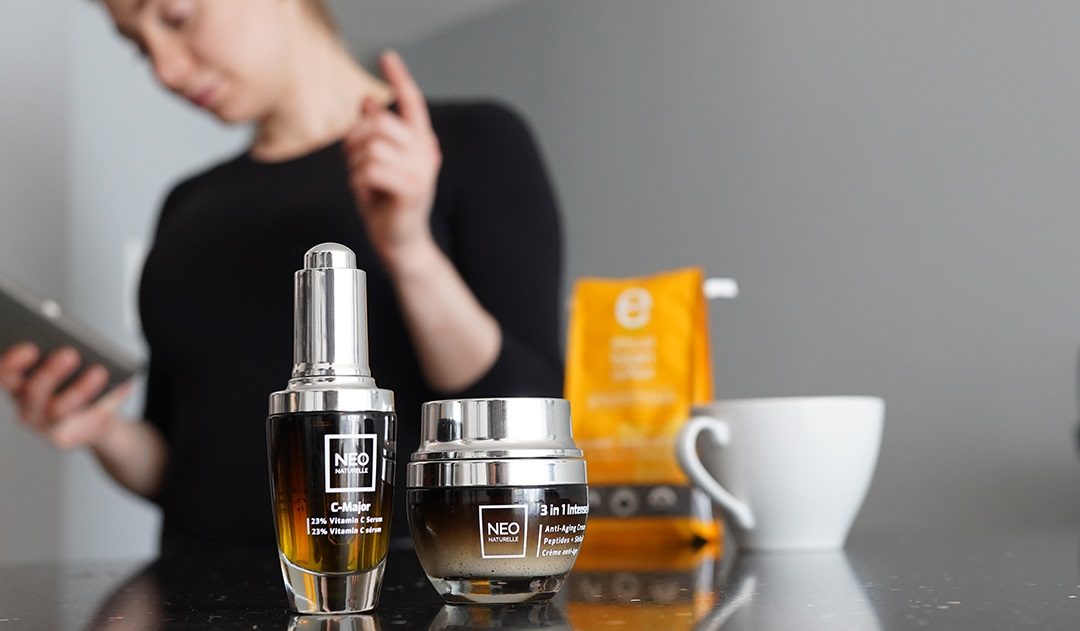Identifying and Avoiding Hormonal Disruptors in Skincare Products help to safeguard your health from hormonal disbalance.
Understanding Hormonal Disruptors:
Hormonal disruptors are chemicals that can interfere with the normal functioning of the endocrine system, which regulates hormones in the body. Hormonal health is critical for menopausal skin. These disruptors can mimic or interfere with hormones. Eventually it is leading to various health issues, including skin problems like acne, inflammation, and premature aging.
Identifying Hormonal Disruptors in Skin Care Products:
Parabens: These are commonly used as preservatives in cosmetics. Look out for ingredients like methylparaben, ethylparaben, propylparaben, and butylparaben.
Phthalates: Found in fragrances, nail polish, and hair sprays, phthalates are known to disrupt hormone function. Avoid products containing “fragrance” or “parfum” on the label, as they may contain phthalates.
Triclosan: Often used in antibacterial products like soaps and hand sanitizers, triclosan can disrupt hormone balance. Look for it in ingredient lists and opt for natural alternatives.
Sodium Lauryl Sulfate (SLS) and Sodium Laureth Sulfate (SLES): These surfactants are found in many cleansers and shampoos. They can disrupt hormones and irritate the skin, especially for those with sensitive skin.
Bisphenol A (BPA): Commonly found in plastic containers and linings of food cans. BPA can leach into products and disrupt hormones. Avoid using plastic containers for storing skincare products and opt for glass or BPA-free containers.
Oxybenzone and octinoxate: These chemicals are commonly found in sunscreens. They can disrupt hormones, potentially leading to skin irritation and other health issues. Look for mineral-based sunscreens with zinc oxide or titanium dioxide as active ingredients.
Formaldehyde: Found in some nail polishes, hair straightening treatments, and certain preservatives. Formaldehyde can interfere with hormone function and cause skin irritation.
Animal byproducts including skin care and supplements: Some animal-derived products, may contain residual hormones from the animals they come from. For example, some skincare products contain ingredients like estrogen or progesterone derived from animal sources. If these hormones are absorbed through the skin or ingested through supplements, they can potentially disrupt the body’s natural hormonal balance. Even small amounts of hormones can have significant effects. Especially if they mimic or interfere with the body’s own hormone production.
Endocrine disruptors: Some animal-derived ingredients, even if they don’t contain hormones directly, may act as endocrine disruptors. These substances can interfere with the body’s hormone systems, leading to hormonal imbalances and related health issues.
Phyto estrogen: Phytoestrogens are compounds found in plants. They mimic the activity of estrogen, a hormone in the human body. While they can indeed affect hormonal balance, whether they are considered “hormonal disruptors” depends on the context and dosage.
In some cases, phytoestrogens may act as endocrine disruptors. Meaning they interfere with the body’s hormonal systems. However, the effects can vary depending on factors. Such as the individual’s hormonal status, the type and amount of phytoestrogen consumed, and the duration of exposure.
Research suggests that moderate consumption of foods containing phytoestrogens, such as soy products, may have health benefits. However, excessive intake or concentrated supplements may have adverse effects. Particularly in individuals with certain hormonal conditions or those taking medications that interact with estrogen. Overall, while phytoestrogens can influence hormone levels, their classification as “hormonal disruptors” depends on various factors and is subject to ongoing research and debate in the scientific community.
Tips to Avoid Hormonal Disruptors:
Read Labels: Check the ingredient list of skincare products before purchasing. Avoid products containing known hormonal disruptors.
Choose Natural Products: Opt for skincare products made with natural and organic ingredients. Look for certifications like USDA Organic or EcoCert.
Go Fragrance-Free or Phthalate-Free Fragrances: Choose fragrance-free or Phthalate-Free products to avoid exposure to phthalates and other harmful chemicals used in synthetic fragrances.
Use Safe Sunscreen: Opt for mineral-based sunscreens ( such as zinc oxide and titanium dioxide) without oxybenzone and octinoxate to protect your skin from the sun without disrupting hormones.
Minimize Plastic Use: Store skincare products in glass containers or BPA-free plastics to minimize exposure to BPA and other harmful chemicals found in plastics.
Educate Yourself: Stay informed about the latest research on hormonal disruptors and their effects on skin health. Choose skincare products from reputable brands committed to safety and transparency.
Use Neo Naturelle Skincare: We are committed to educate you about your hormonal health and help you to elevate menopausal side effects. Neo Naturelle Skincare provides you with hormone-friendly skincare. Each ingredient undergoes thorough review and preselection to ensure quality. At Neo Naturelle, we refrain from using any ingredients known to be hormonal disruptors. Furthermore, our skincare formulas are vegan, eliminating the risk of animal hormones contaminating our products. Our packaging consists of glass bottles to prevent BPA and other plastic compounds from leaching into our formulations.
Remember, your skin is your body’s largest organ, making it crucial to prioritize the safety of what you apply to it.
By being mindful of the ingredients in your skincare products and making informed choices. You can reduce your exposure to hormonal disruptors, minimise menopausal side effects and maintain healthy skin.
To learn more , visit these links:
https://neonaturelle.com/why-us/
